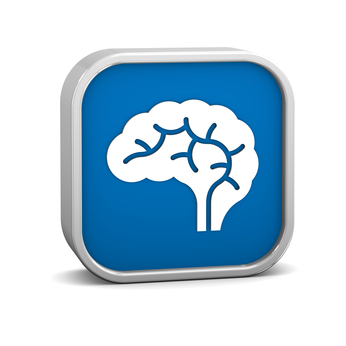Brain network dysfunction found in children at risk of schizophrenia
By Liz Lockhart
Developmental differences in brain network functions have been found in the children of parents with  schizophrenia. The discovery was found by neuroscientists, led by Vailbhav Diwadkar, Ph.D. of the Division of Brain Research and Imaging Neuroscience at Wayne State University School of Medicine.
schizophrenia. The discovery was found by neuroscientists, led by Vailbhav Diwadkar, Ph.D. of the Division of Brain Research and Imaging Neuroscience at Wayne State University School of Medicine.
The study took place over a three year period and examined the brain function of young people aged between 8 and 20 in the Detroit area using fMRI imaging.
The researchers examined the participant’s brain functions whilst they looked at pictures of human faces. The faces depicted different emotional expressions such as positive, negative and neutral. They found that in children who are at risk of schizophrenia there are characteristically reduced network communication and that their network responses to emotional faces is disordered.
Diwadkar said ‘Brain network dysfunction associated with emotional processing is a potential predictor for the onset of emotional problems that may occur later in life and that are, in turn, associated with illnesses like schizophrenia. If you clearly demonstrate there is something amiss in how the brain functions in children, there is something you can do about it, and that’s what we’re interested in.’
It was not found during the study whether or not an individual will eventually develop schizophrenia. ‘It doesn’t mean that they have it, or that they will have it. The kids we studied were perfectly normal if you looked at them. By using functional brain imaging we were trying to get underneath behaviour,’ said Diwardkar.
‘We are able to do this because we can investigate dynamic changes in brain network function by assessing changes in the fMRI signal. This allowed us to capture dramatic differences in how regions in the brain network are interacting with each other,’ Diwardkar concluded.





